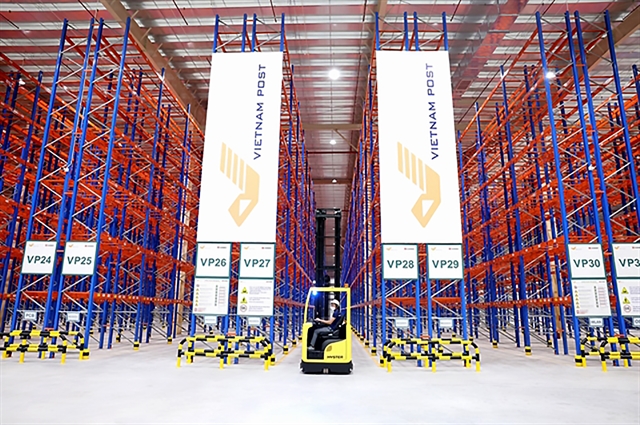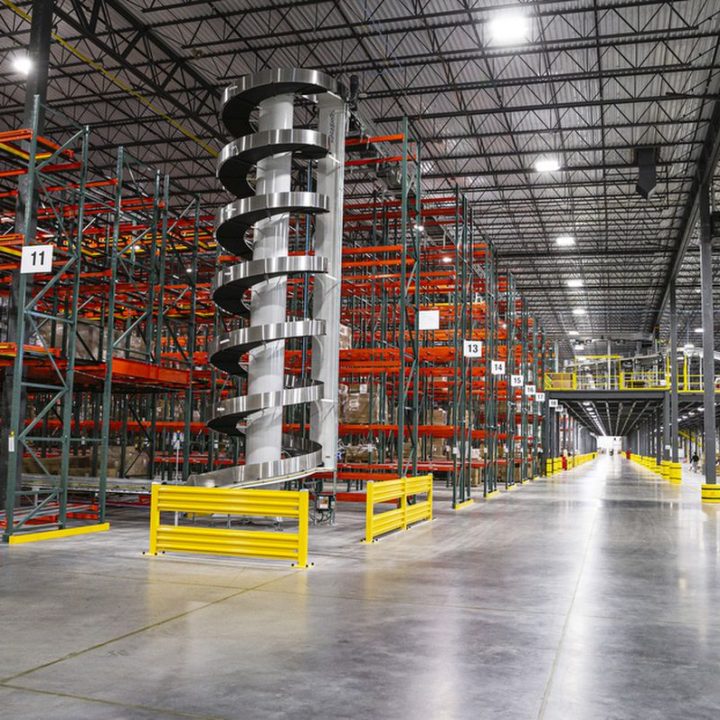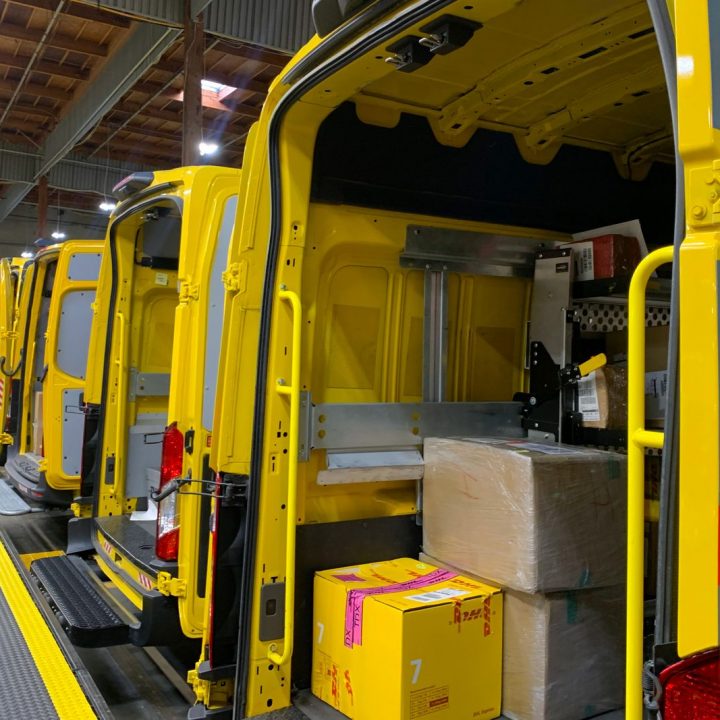To meet the demand of domestic trading and import-export activities, the logistics sector is working towards professional and competitive services meeting international standards, in which smart logistics development is considered the key solution.
To meet the demand of domestic trading and import-export activities, the logistics sector is working towards professional and competitive services meeting international standards, in which smart logistics development is considered the key solution.
According to Director of the Import-Export Department under the Ministry of Industry and Trade Phan Văn Chinh, local logistics firms have been increasingly aware of the need to speed up digital transformation and apply technology to their business operations, aiming to cut cost and increase competitiveness.
Supply chain director at Nestle Vietnam Nguyễn Trần Hoàng Yến said that digitalisation has helped the firm better connect with the global market and optimise goods transport and distribution activities in the domestic market.

Nestle has launched its Cargoo app to connect manufacturers, importers and shipping lines, enabling them to follow the transportation process of each order and track the goods information, book ships and manage all related documents, she said.
Meanwhile, Marketing Director of the Saigon Newport Corporation Trương Tấn Lộc said that the firm has launched a system of e-port and e-warehouse, while applying artificial intelligence (AI) in customer services, thus improving its service quality.
However, as 90 per cent of the logistic firms are small- and medium-sized enterprises, the application of smart logistics has remained limited.
Pointing to major barriers hindering smart logistics development in Việt Nam, Vice Chairman of the Việt Nam Logistics Business Association Lê Quang Trung mentioned limitations in mindset and confusion in selecting suitable technologies as well as a shortage in financial and human resources and a lack of harmonious policies for digital transformation.



